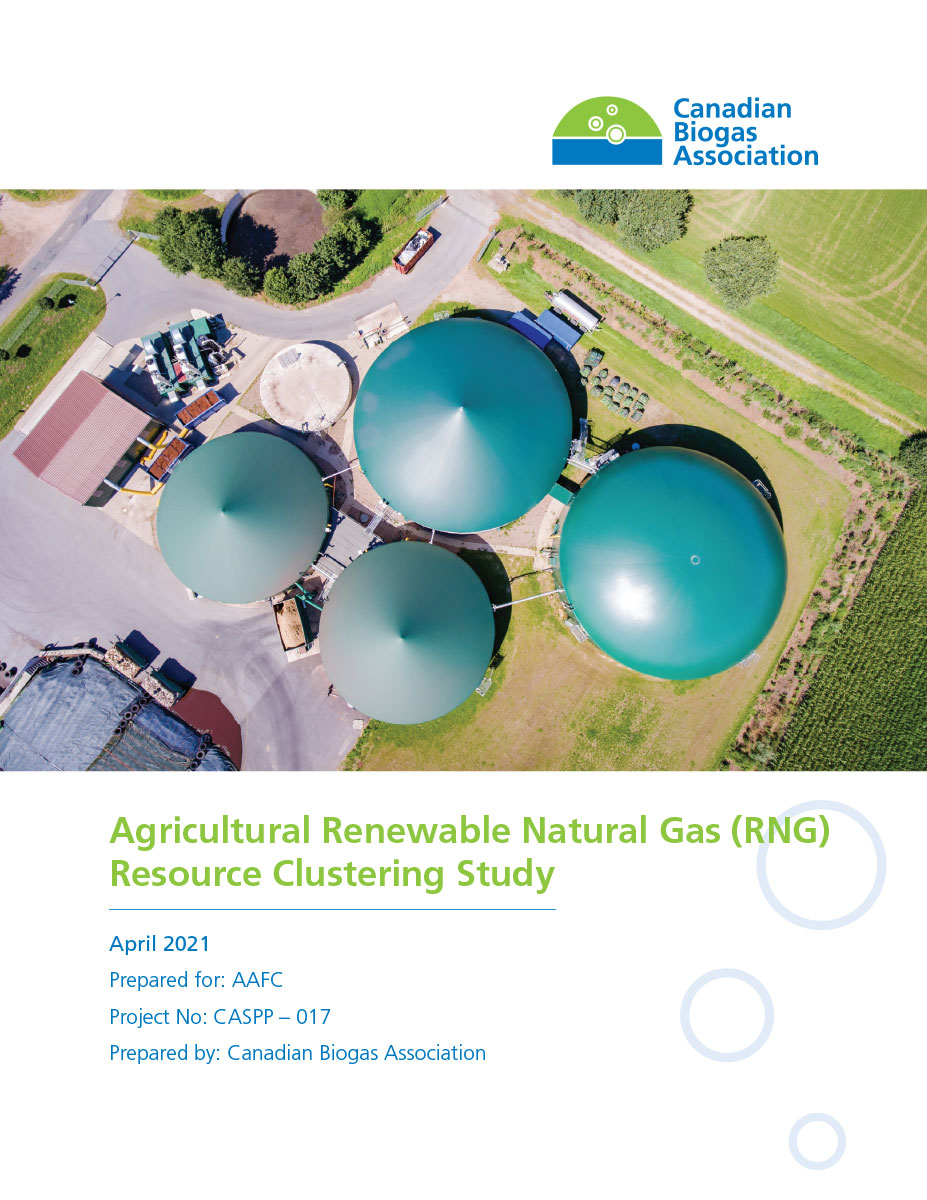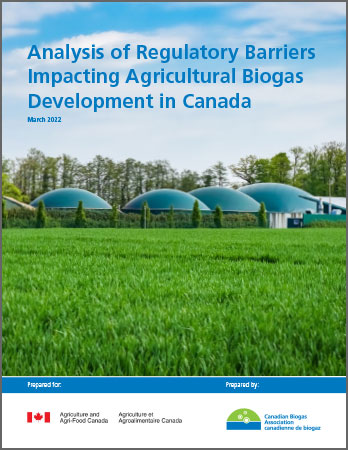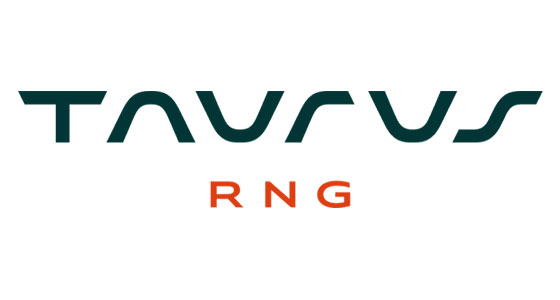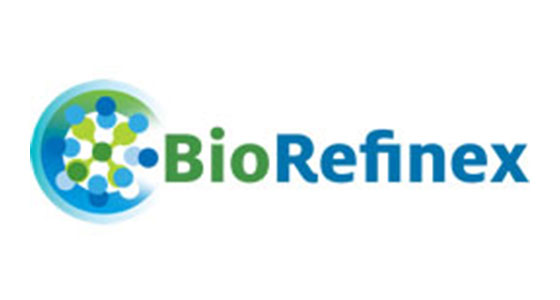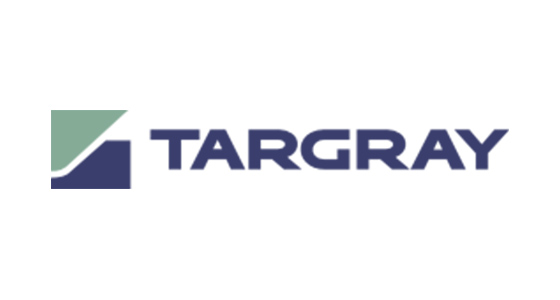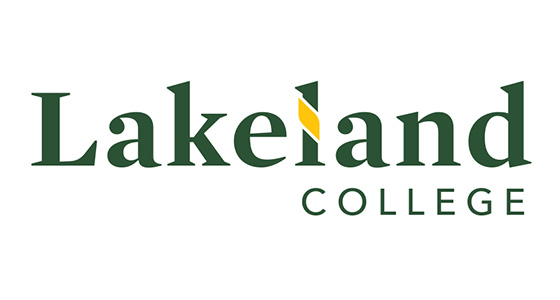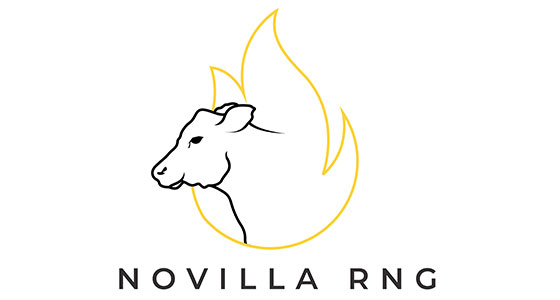The development of anaerobic digestion (AD) systems in the livestock production sector are a key strategy to reduce agricultural GHG emissions, increase renewable energy production, and improve manure management to recapture nutrients and water. However, many farms have a limited size that does not produce enough feedstock to support a stand-alone AD facility. There is also uncertainty about whether biogas resources are close enough to infrastructure like natural gas pipes to get their product to market. The adoption of clusters with multiple farms contributing feedstock to a centralized AD facility is a potential model to overcome the scale-related economic barriers that project developers have encountered in the dairy livestock sector across Canada.
Agricultural Renewable Natural Gas (RNG) Resource Clustering Study provides farmers, developers, and policy makers an understanding of how changing key factors impact deployment of economically viable agricultural RNG clusters. The study summarizes the findings from nine output scenarios run on the Agricultural RNG Resource Clustering Tool that estimates RNG production potential under different conditions such as variable RNG price, manure and off-farm feedstock ratio, and pipeline costs using livestock barn and natural gas pipeline data from Ontario.


